White Poverty
by Rev. Dr. William J. Barber II (Liveright, 2024)
Sometimes a book needs to be read at a historical moment by as many people as possible. White Poverty is one of those rare books.
In the Rev. Dr. William J. Barber II’s new book, White Poverty, Barber, a Protestant pastor and a practitioner of Christian nonviolence, works to reconstruct America into a more just democracy with the renewed Poor People’s Campaign, which originated with Martin Luther King Jr. in 1967 and led to his assassination.
Barber sees racism and poverty as connected and moral fusion—multiracial movements for justice throughout U.S. history—as the healing response. Barber dismantles the myths that divide poor people from one another and offers strategies for strengthening solidarity. He uses testimonies from his ministry, economic data, and insights from American history and the biblical prophets.
Barber asks us to hold in tension intersecting truths about race, class, religion, and privilege, observing that “ poor white people have been left for dead by a system that pretends to privilege them” and “ if they connect with other poor people, [everyone] can rise up as a nonviolent army to vote for an economy that works for all of us.” Barber argues that when we can’t see the desperation of a suffering person, we do violence to them. This makes us a more violent society, which puts us all at risk. A government that ignores the plight of poor white people will have no problem ignoring that of people of color. As the election approaches, all people of good will should heed his wisdom.
—Kevin P. Considine
Deep Inculturation
Edited by Antonio D. Sison (Orbis Books, 2024)
During the Amazon Synod, a vandal threw a statue, called both Our Lady of the Amazon and Pachamama, into the Tiber River. Alexander Tschugguel, an Austrian Catholic, stole the statue, believing it was an “Indigenous idol.” In 2022, Pope Francis made a penitential pilgrimage to Canada to ask forgiveness “for the evil committed by so many Christians against the Indigenous peoples,” particularly the harms of residential schools. And last year’s Synod Synthesis Report includes a call to acknowledge that historically “the proclamation of the Gospel was associated with colonization, even genocide.”
This collection of essays by seven scholars from various parts of the globe contributes to conversations about inculturation. The authors recognize that colonialist assumptions often undergird attempts to inculturate Christianity in Indigenous communities. There is a long history of European Christians perceiving Indigenous people’s spiritual traditions as superstitious and even demonic. The hubristic efforts to evangelize Indigenous people have been tied to efforts to Westernize them.
Some contemporary missionaries and Indigenous Christian communities now strive to create expressions of faith that are rooted in Indigenous identity, Pope Francis’ words in Evangelii Gaudium (On the Proclamation of the Gospel in Today’s World) and Querida Amazonia (Beloved Amazonia) lend legitimacy to these efforts. Examples include the Ramamuri dance-centric rituals for Holy Week in Mexico and efforts to harmonize Australian Aboriginal ceremonies with the Roman Rite.
The final essay, by Nigerian Jesuit Agbonkhianmeghe Orobator, is titled “Pedagogy of Hospitality: Transforming Missionary Onslaught Into Mutual Transformation and Enrichment.” The subtitle reflects a hope that the Catholic Church will find a way to honor and be enriched by Indigenous genius.
—Rhonda Miska
Briefly noted:
Loving Our Own Bones
By Julia Watts Belser (Beacon, 2024)
Belser offers a transformative look into spirituality and disability politics, reimagining disability in the Bible
and in contemporary culture.
The End is the Beginning
By Matthew Ian Fleming (Broadleaf, 2024)
With personal stories and close readings of this daunting text, Fleming provides a clear image of God’s persistent love in the Book of Revelation.
Enfleshed Counter-Memory: A Christian Social Ethic of Trauma
By Stephanie C. Edwards (Orbis, 2024)
A social worker and ethicist, Edwards pulls together wisdom from womanist theology, trauma studies, and the work of Johann Baptist Metz to urge readers to embrace the embodied reality of our lives.
This article also appears in the November 2024 issue of U.S. Catholic (Vol. 89, No. 11, page 39). Click here to subscribe to the magazine.


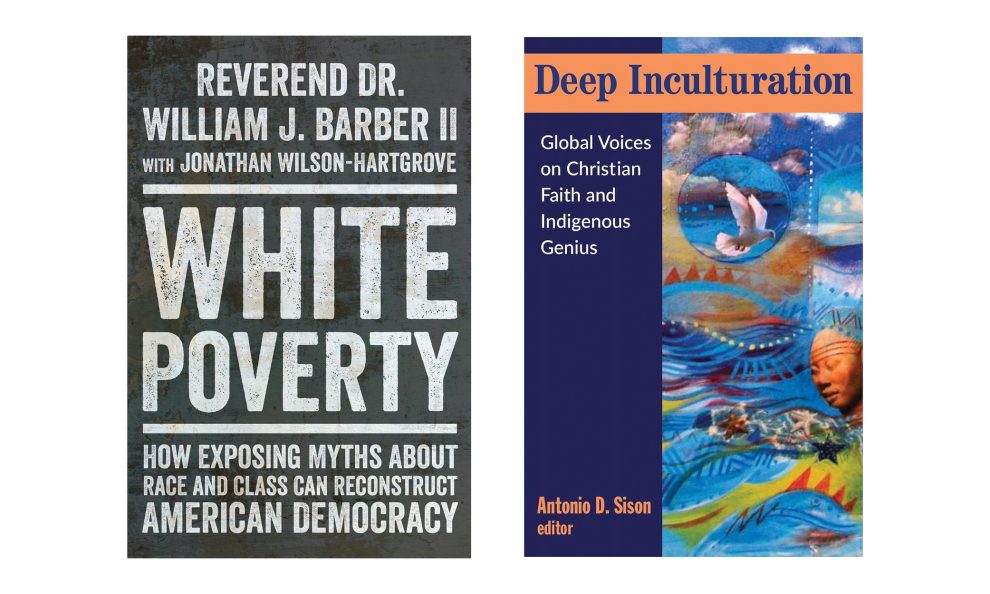
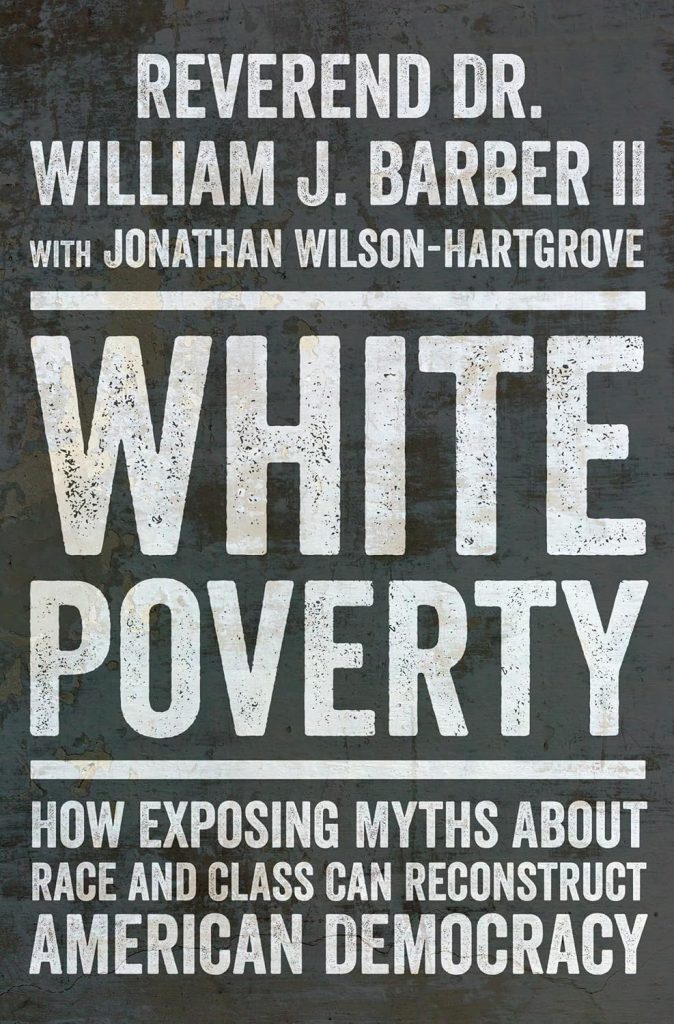
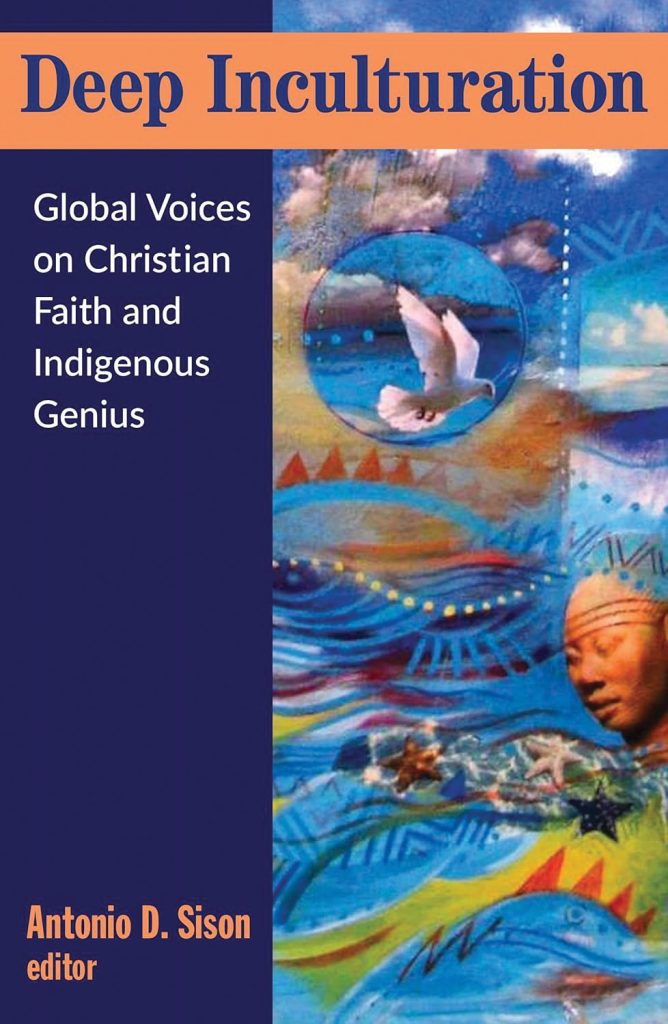
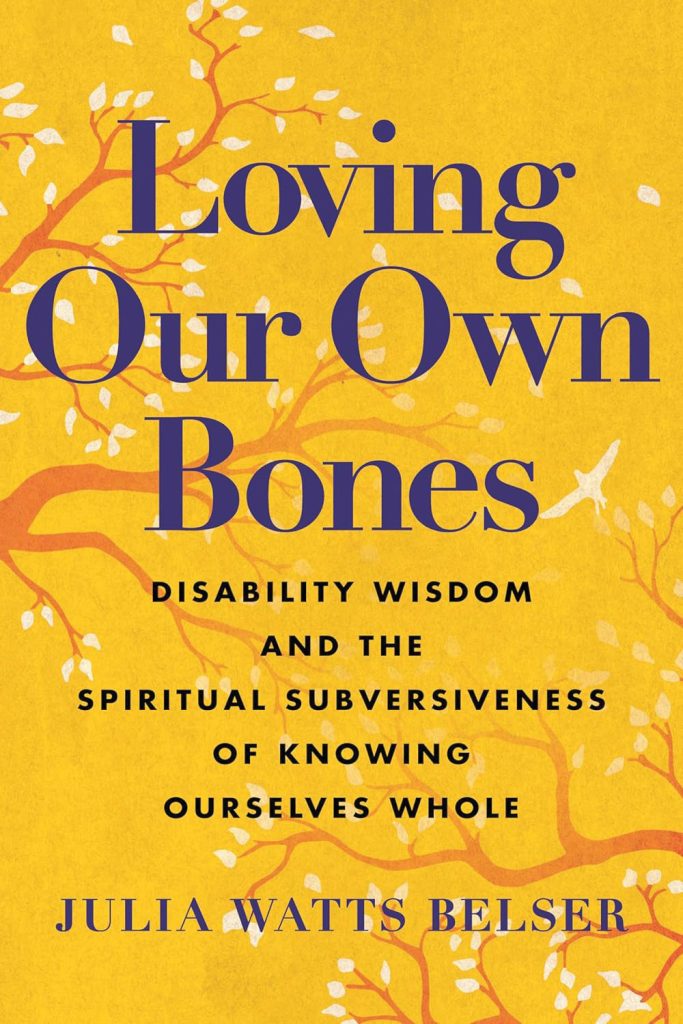
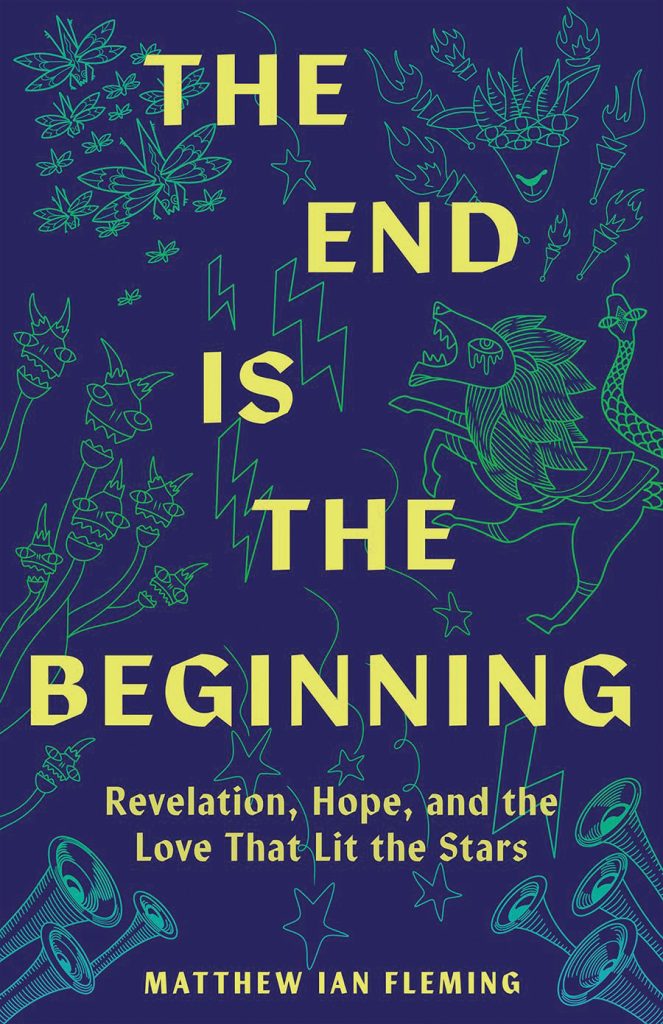
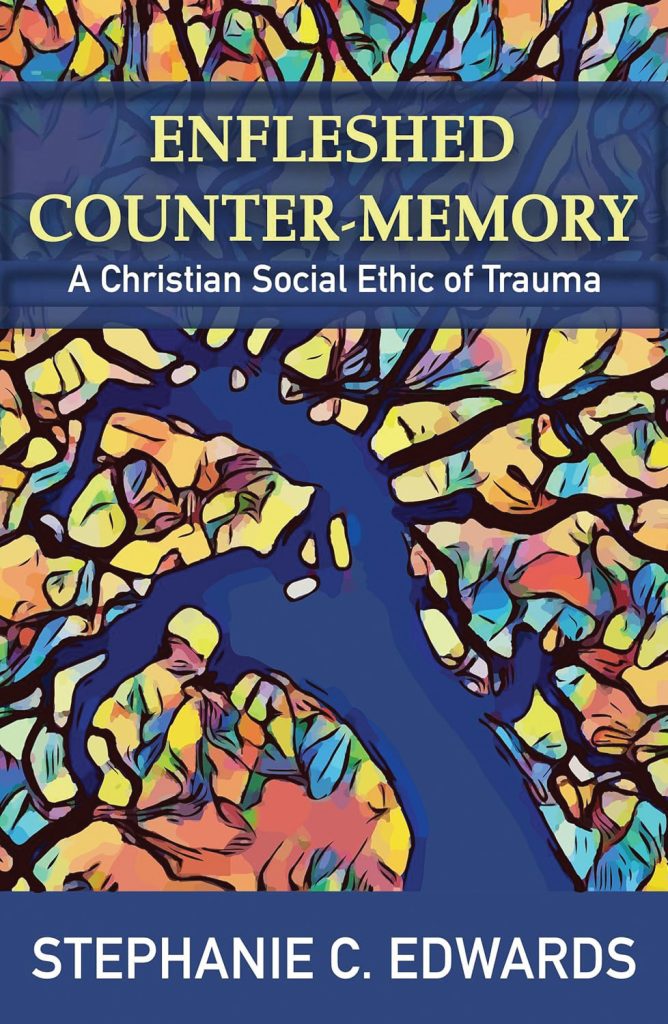











Add comment